The University of Göttingen is an internationally renowned research university. Founded in 1737 in the Age of Enlightenment, the University is committed to the values of social responsibility of science, democracy, tolerance and justice. It offers a comprehensive range of subjects across 13 faculties: in the natural sciences, humanities, social sciences and medicine. With about 28,000 students and more than 210 degree programmes, the University is one of the largest in Germany.
New press releases
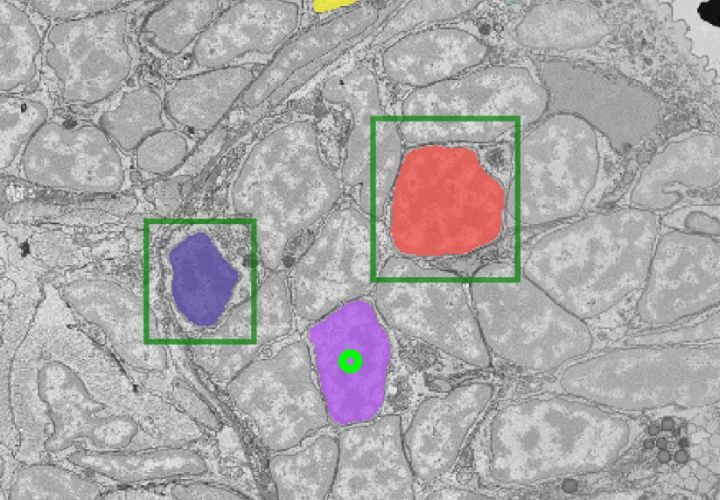
Segment Anything for Microscopy
An international research team led by Göttingen University has developed a method by retraining the existing AI-based software Segment Anything on over 17,000 microscopy images with over 2 million structures annotated by hand. Their new model is called Segment Anything for Microscopy and it can precisely segment images of tissues, cells and similar structures in a wide range of settings. To make it available to researchers and medical doctors, they have also created μSAM, a user-friendly software to “segment anything” in microscopy images.
more…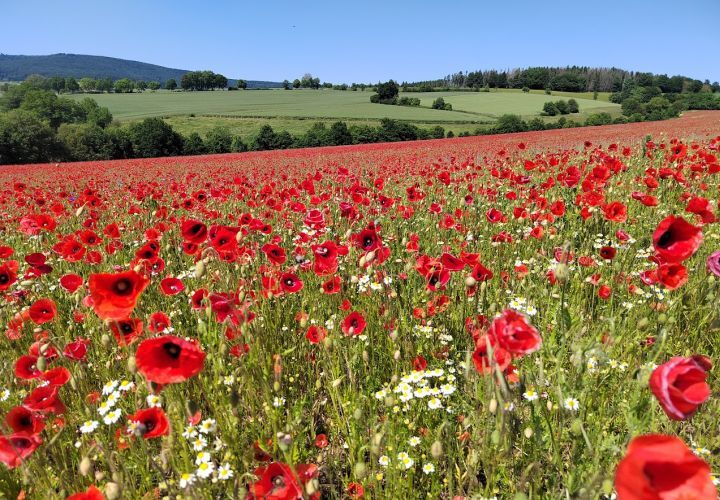
Successful strategies for collaborative species conservation
How can the loss of species and habitats in agricultural landscapes be stopped? Up to now, measures have mostly been implemented by individual farms. Researchers at the University of Göttingen have now identified essential key factors that facilitate successful agricultural-environmental collaboration at landscape level.
more…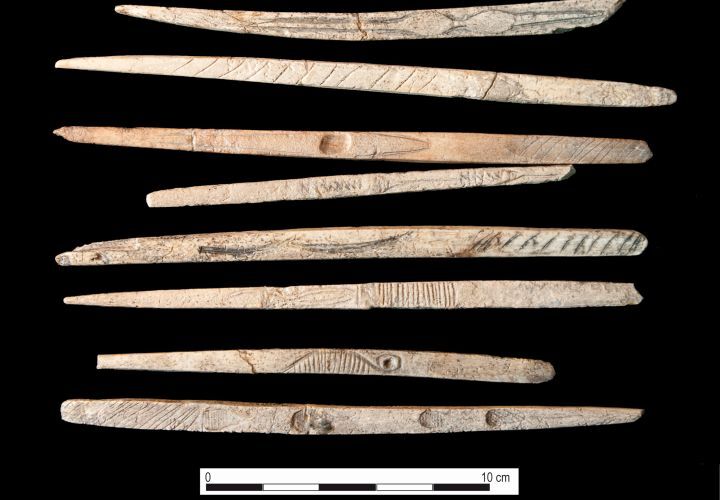
Evidence of cannibalism 18,000 years ago
An international research team including the University of Göttingen has gained new insights into the burial rituals of Late Ice Age societies in Central Europe. Signs of human remains from the Maszycka Cave in southern Poland being manipulated indicate systematic dissection of the deceased, as well as cannibalism. The research was published in Scientific Reports.
more…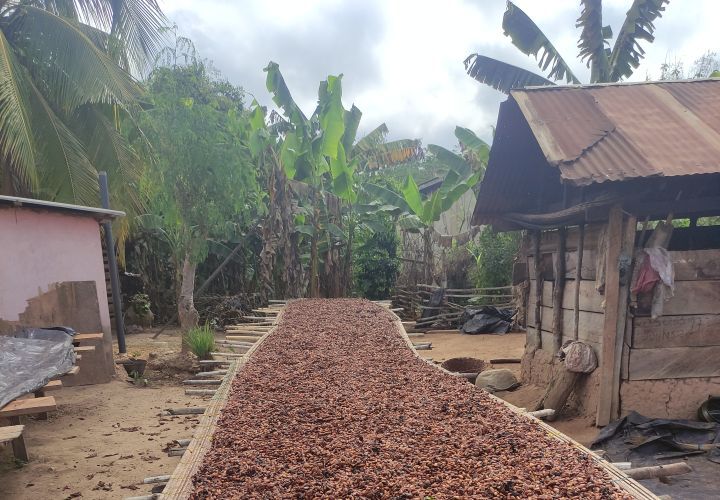
Protection for small-scale producers and the environment?
Sustainability certificates such as Fairtrade, Rainforest Alliance and Cocoa Life promise to improve the livelihoods of small-scale cocoa producers while preserving biodiversity on plantations. Researchers investigated whether sustainability certificates actually achieve both these goals. To find out, they carried out an analysis within the Ghanaian cocoa production sector. They found that certification improves both cocoa yield and cocoa income but they were unable to find any effects on biodiversity.
more…
A look into the dark
How can the latest technology, such as solar cells, be improved? An international research team led by the University of Göttingen is helping to find answers to questions like this with a new technique. For the first time, the formation of tiny, difficult-to-detect particles – known as dark excitons – can be tracked precisely in time and space. These invisible carriers of energy will play a key role in future solar cells, LEDs and detectors. The results were published in Nature Photonics.
more…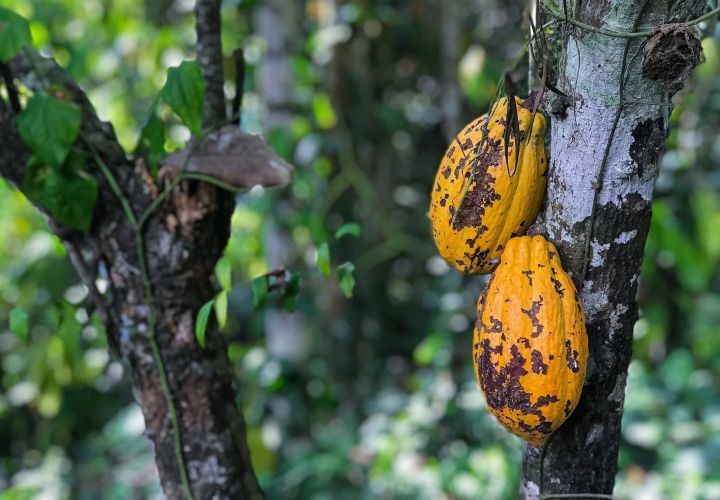
Promoting cacao production without sacrificing biodiversity
The productivity of cacao trees decreases with time, forcing farmers to renew their plantations by either cutting down the old trees or establishing a new crop elsewhere. Frequently, new plantations are established in areas of the forest that are thinned out to accommodate new, young cacao trees. However, this comes with high economic and ecological costs. An international team led by Göttingen University found that cacao grafting is a useful measure to rejuvenate cacao plants, increasing their yield and profits with minimal impact on biodiversity
more…






















